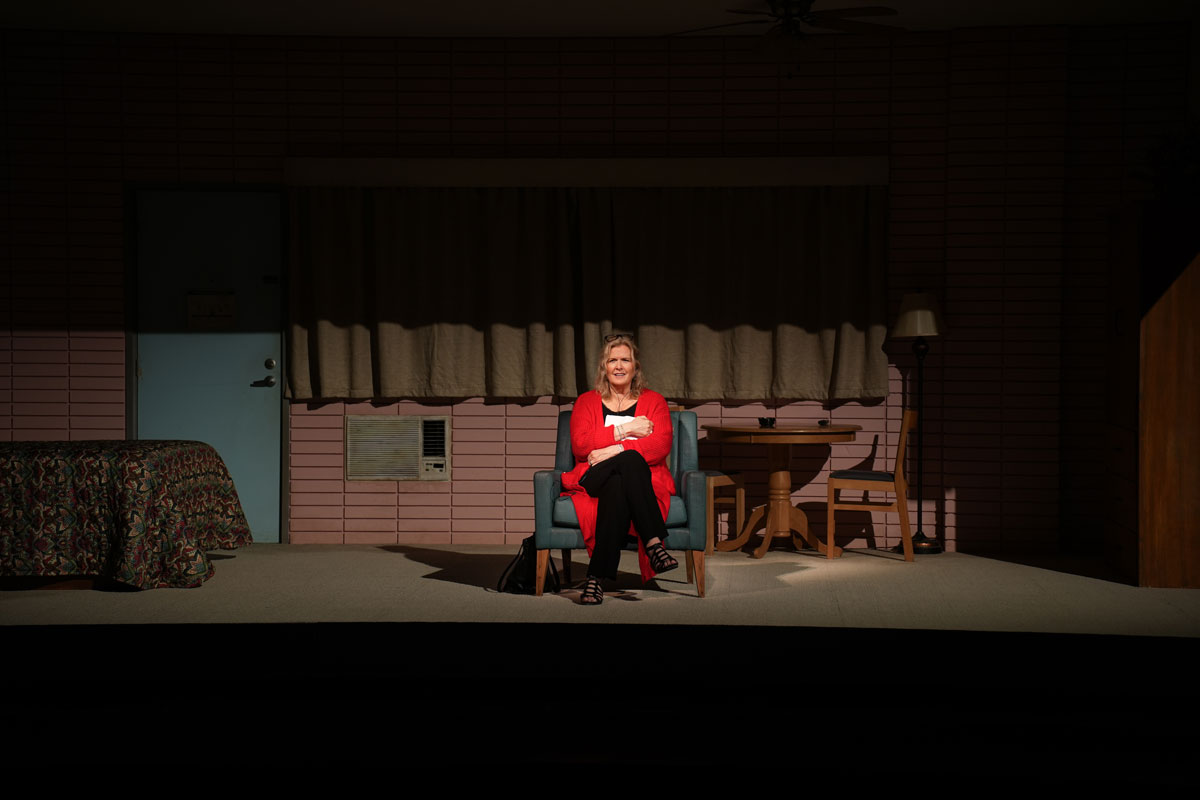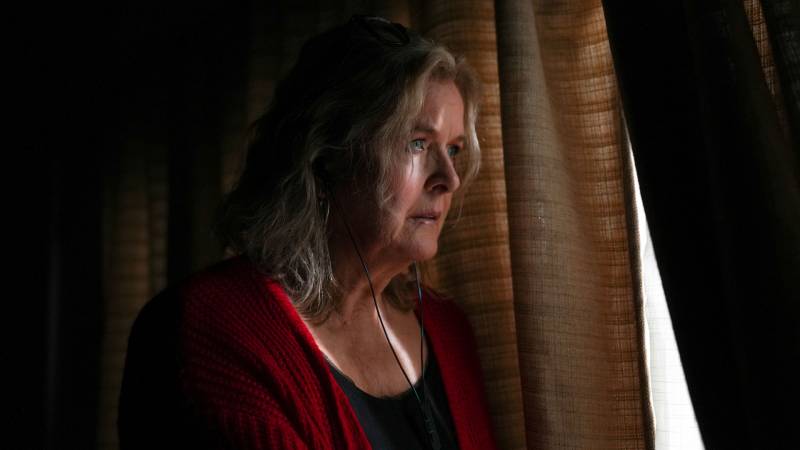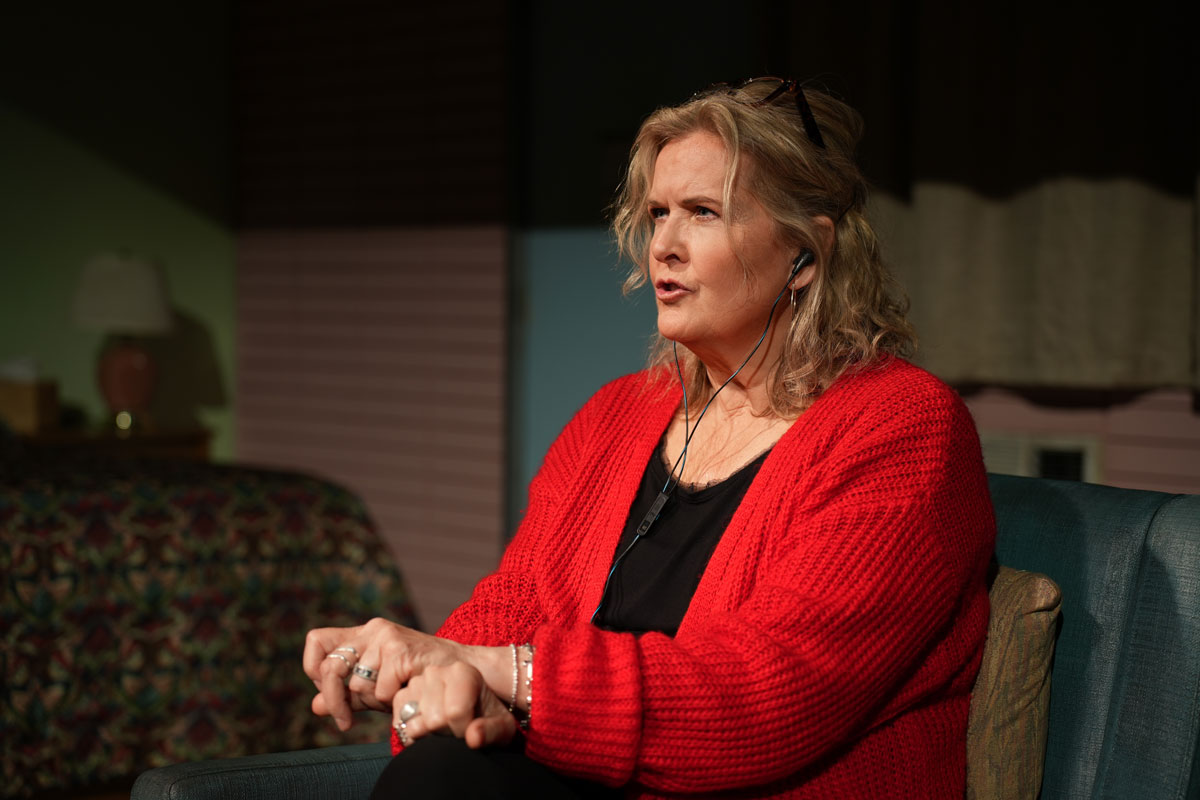In the last scene of A Doll’s House, Henrik Ibsen’s classic 1879 play, the protagonist, Nora, famously walks out on her family. There’s no point in continuing, she tells her husband, unless the “most wonderful thing of all were to happen,” which means “both you and I would transform ourselves.”
In A Doll’s House: Part 2—Lucas Hnath’s 2017 humorous and inventive sequel—Nora explains how she survived after walking out all those years ago. She took a vow of silence and lived in an abandoned shack “until I no longer heard a voice in my head other than my voice … It’s really hard to hear your own voice.”
In making self-transformation a matter of finding one’s own voice, Hnath solved Nora’s problem of living within patriarchy by relying on another one: the false faith that we are all self-reliant, independent beings. Like Ibsen’s critique of bourgeois capitalism before him, Hnath diagnoses this neoliberal fantasy but offers us little vision of what a world beyond these conditions look like.
In his latest play, Dana H. (now playing at Berkeley Rep through July 10) Hnath’s societal critique moves outside the mahogany of the drawing room, just shy of the Thoreauvian woods, and into the storied motel rooms that haunt working class, white America. Though we are given no vision of a utopian future, this tour de force of a play pushes us beyond the clichés of “finding” your own voice and teaches us how to listen to others—especially the most vulnerable—anew.

Any review you read of this play is light on details, and understandably so. Dana H. is a solo monologue that tells the story of Hnath’s mother—Dana Higginbotham, here played by the captivating Jordan Baker—who served as a chaplain in Florida hospitals in the late ’90s. After going through an abrupt divorce and the loss of her job because of that divorce, Higginbotham was kidnapped in 1997 by a former patient. Despite suffering five months of horrifying abuse and deliberate police neglect, she eventually escaped. But it wasn’t until 2013 that she began to face–and voice–the past, speaking her story into a manuscript and then a recorded interview, from which Hnath wrote the play.






